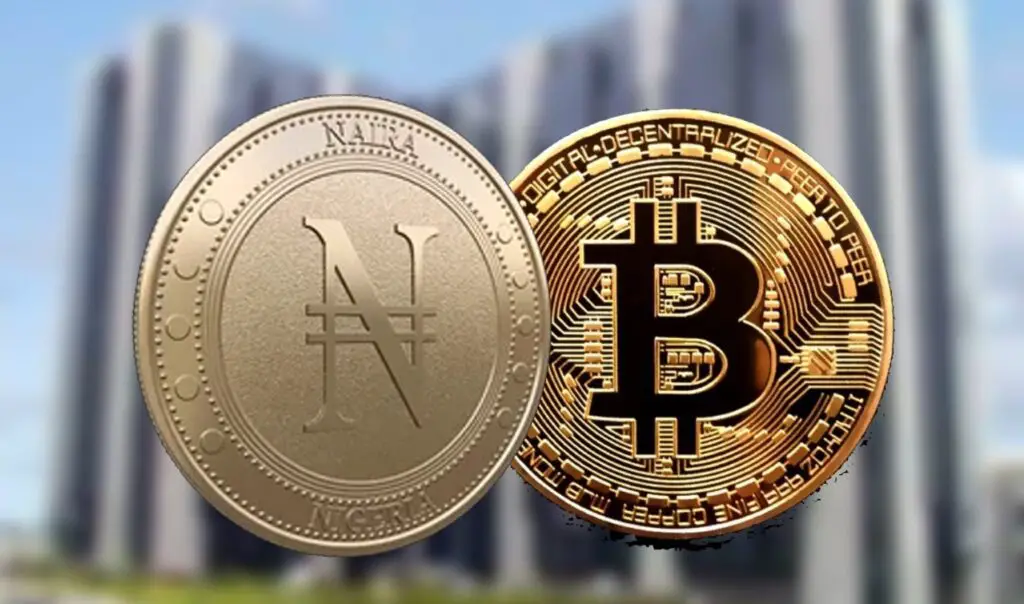- Out of the 174 central banks surveyed by the IMF, 40 allowed the issuance of digital currencies.
- For a currency to qualify as legal, it must be included in the country’s laws and classified in its monetary unit.
- Legal tender status is granted to a currency in a country only if it is accepted by the larger population and can be received with ease.
A lot of people are transitioning from the traditional way of holding money (notes and coins) to digital electronic money (digital currency, stable coins, and e-money).
This has been caused for a number of reasons:
- Difficulties in gaining access to traditional financial services
- Advances in African technology
- The services provided can be paid for with digital currency.
- Covid-19: Regular money was discouraged as it was viewed as an agent for transmitting the virus. As a preventive measure, e-money was widely encouraged.
Read: Africa is cryptocurrency-friendlier than you think
E-money has gained popularity to a large extent in Africa. Recently, Nigeria has launched its own digital currency, eNaira, as a legal tender. The currency is aimed at improving cross-border trade, expanding access to financial services and increasing remittances for a large diaspora base. This comes at a time when almost half the population in the country has no access to banks.
According to Statista, registered mobile money accounts in sub-Saharan Africa were 548 million, with transactions worth US$490 billion as of October 2020.
The South African Reserve Bank (SARB) is looking to create its own cryptocurrency as the number of global cryptocurrency users surpasses 300 million users as of 2021.
The question is, what if one day you went to pay for expenses with your card or mobile app and it returned an error message? Or was your service provider that issues your money declared bankrupt? Scary, right?
Recently, customers have been converting their regular traditional money into e-money. Service providers have enabled the transfer of electronic money to banks, from person to person, and for making payments.
For regulators and supervisors that control the protection of consumers’ e-money and digital currencies, coming up with legal bindings and restrictions in the fast-changing sector has become very challenging. These regulators and supervisors must devise ways to protect customers from a possible system failure and ultimately prevent them from losing their funds.
Read: Nigerian school to accept cryptocurrency as means of fees payment
E-money has been offering payment avenues to customers who have no access to banks. It has given them an enforceable claim against the e-money service provider. Customers can request a refund of the funds used to purchase the e-money at any time.
The digital currency has become an essential part of life for billions of people, particularly in developing countries and around the world.
However, according to the International Monetary Fund in a recent IMF staff paper, 80 per cent of the world’s central banks are either prohibited from issuing digital currency under current laws or the legal foundation is unclear.
Out of the 174 central banks surveyed by the IMF, 40 allowed the issuance of digital currencies, 27 were unclear as per the law, and 104—about 61 per cent—did not allow digital currency issuance.
For a currency to qualify as legal, a means of payment must be included in the country’s laws and classified in its monetary unit. Legal tender status is granted to a currency in a country only if it is accepted by the larger population and can be received with ease.
The creation of a central bank digital currency will require a review of the legal issues concerning tax, insolvency laws, property, data protection and privacy, terrorism and money laundering prevention, and many other areas.
For central banks to attain a digital currency, there needs to be a firm legal foundation that will ensure seamless integration into the monetary unit and an intense campaign for acceptance by the larger population.
- Lack of confidence in the digital currency by the larger population-Digital currency has a short history and an unclear legal status in most African states.
- Weak infrastructure: For digital currency to be accepted as legal tender, smartphones, laptops, and internet connections must be put in place. This is not the case in Africa, where only 36% of the population has access to the internet.
- Decamping from commercial banks: Wide acceptance of digital currency will discourage the deposit of cash in commercial banks, reducing their financial power.
A strong, legal, and reliable framework for safeguarding and regulating customer funds must be created. Service providers must be subjected to reasonable regulatory specifications.
E-money issuers should also be limited in their retail lending. It should be mandated to govern how issuers disclose customers’ transactions, handle complaints, and protect consumer data.
The IMF recommends that issuers and service providers segregate customer funds from their own funds. They should maintain a safe pool of liquid funds that equates to their customers’ balances. This will safeguard against economic mismanagement and allow for the recovery of customer funds in the event of issuer bankruptcy.
Regulators and supervisors must substantially intensify prudential oversight and have arrangements to protect their users. In countries with established e-money sectors, they should work towards safeguarding customers’ funds and maintaining continuous payment services.
Read: East African Trends: Tough balancing act for regional currencies
